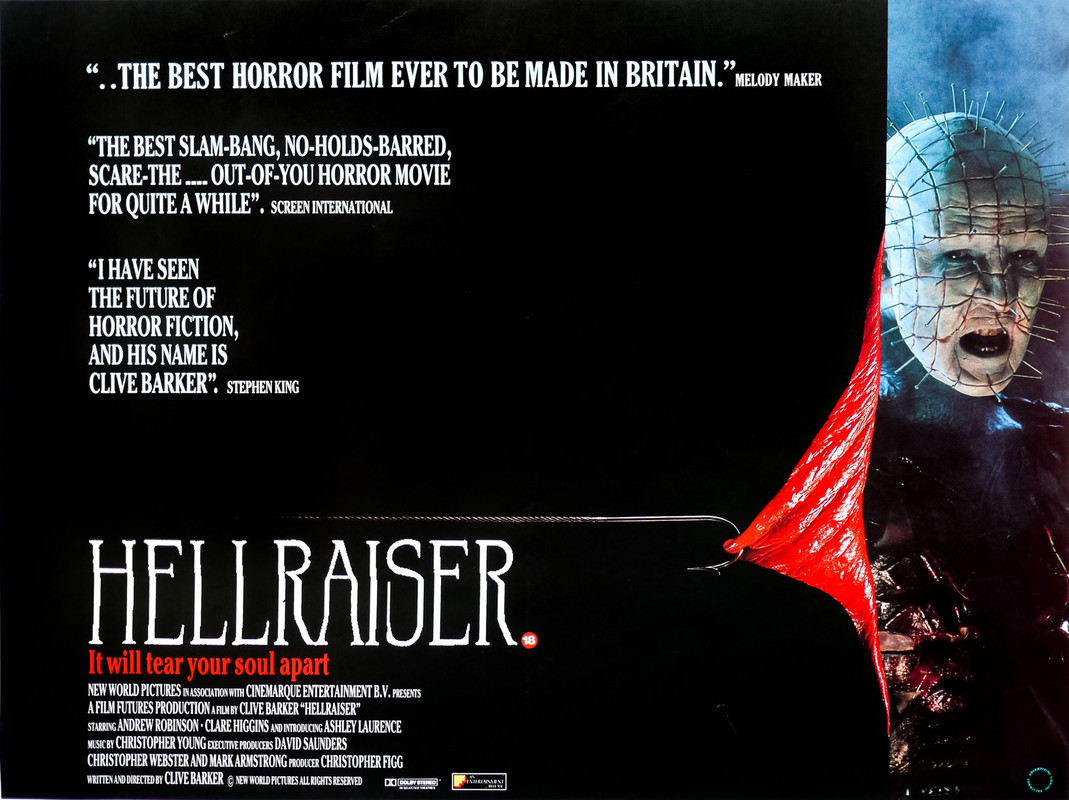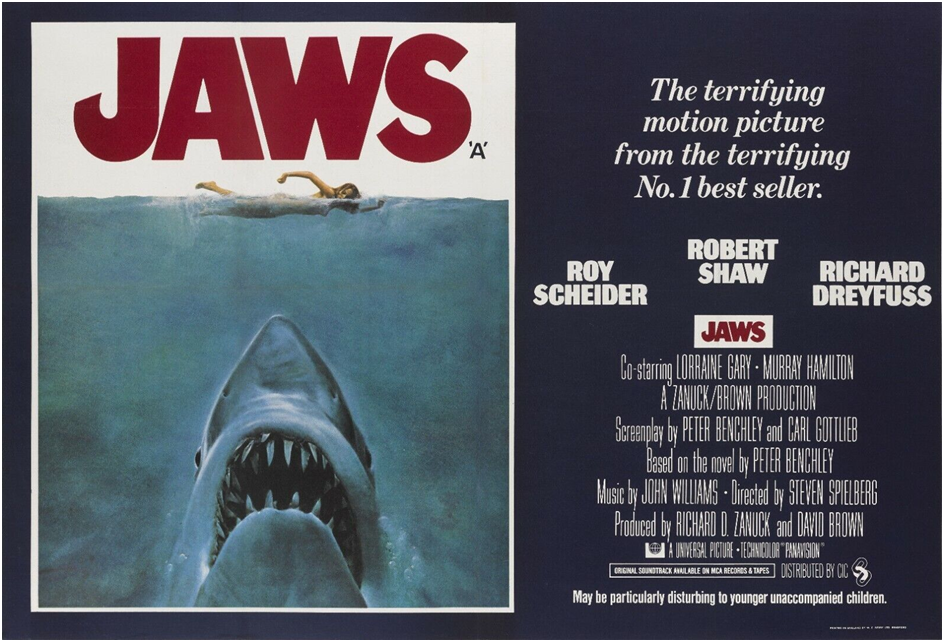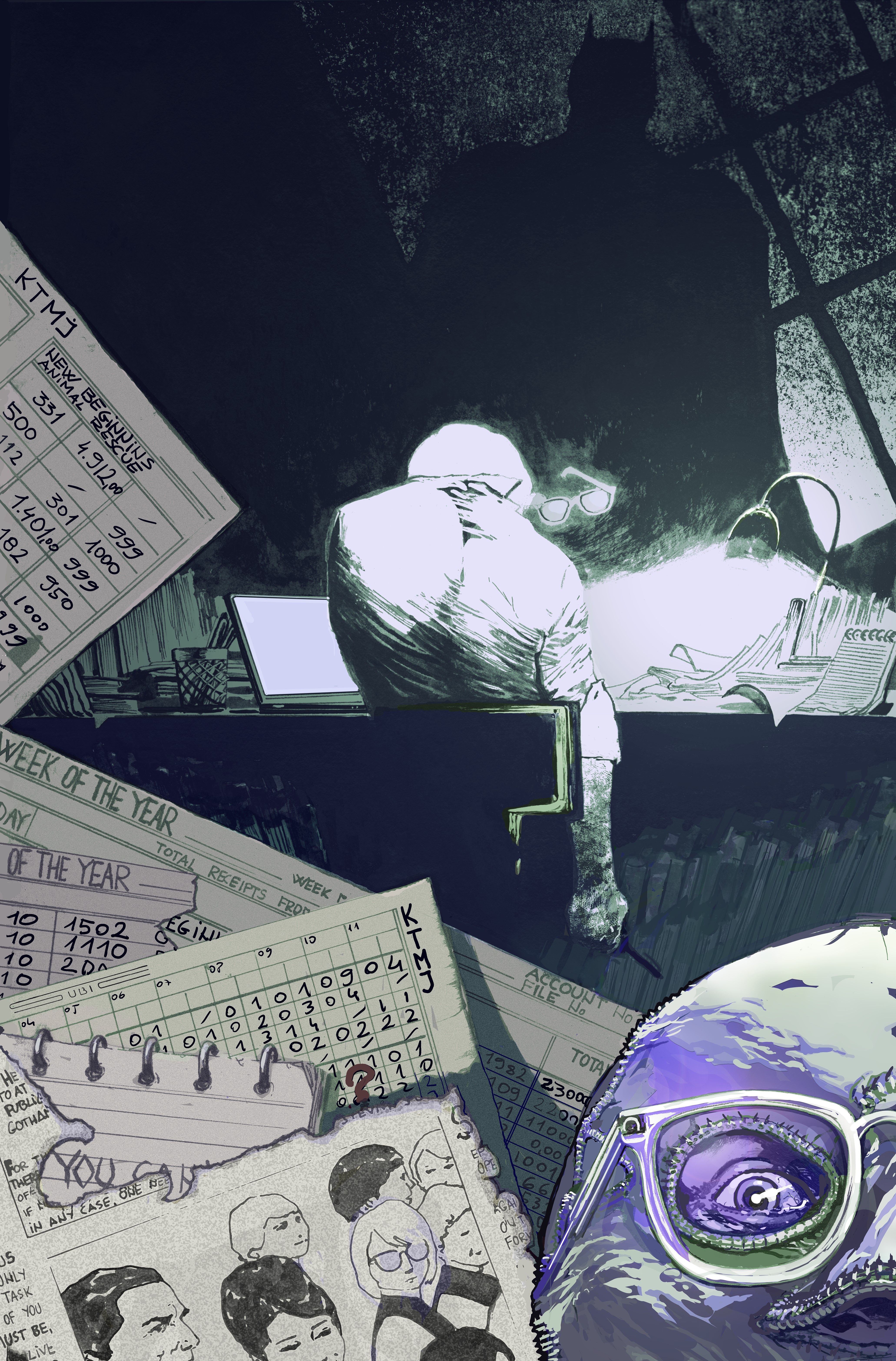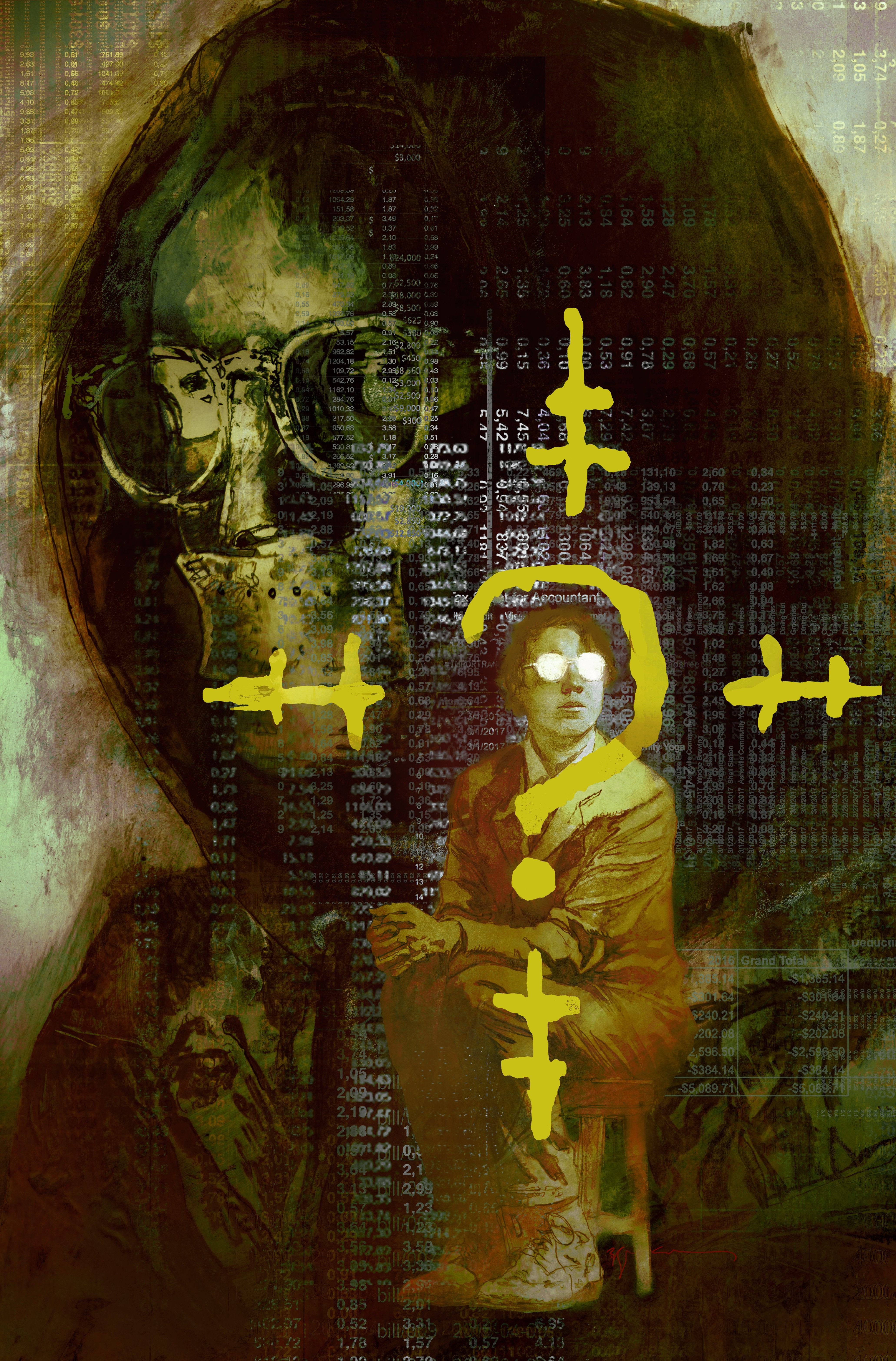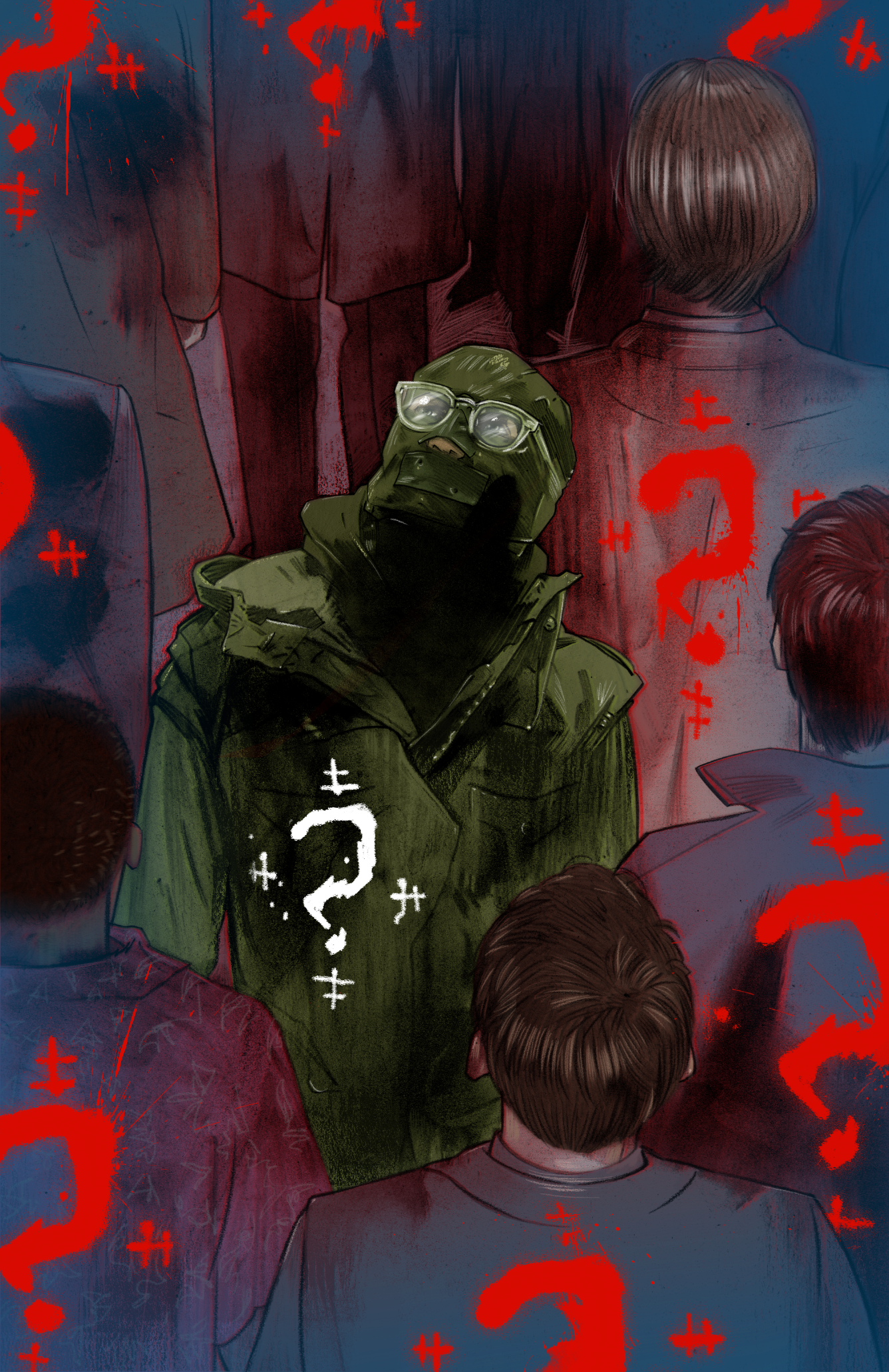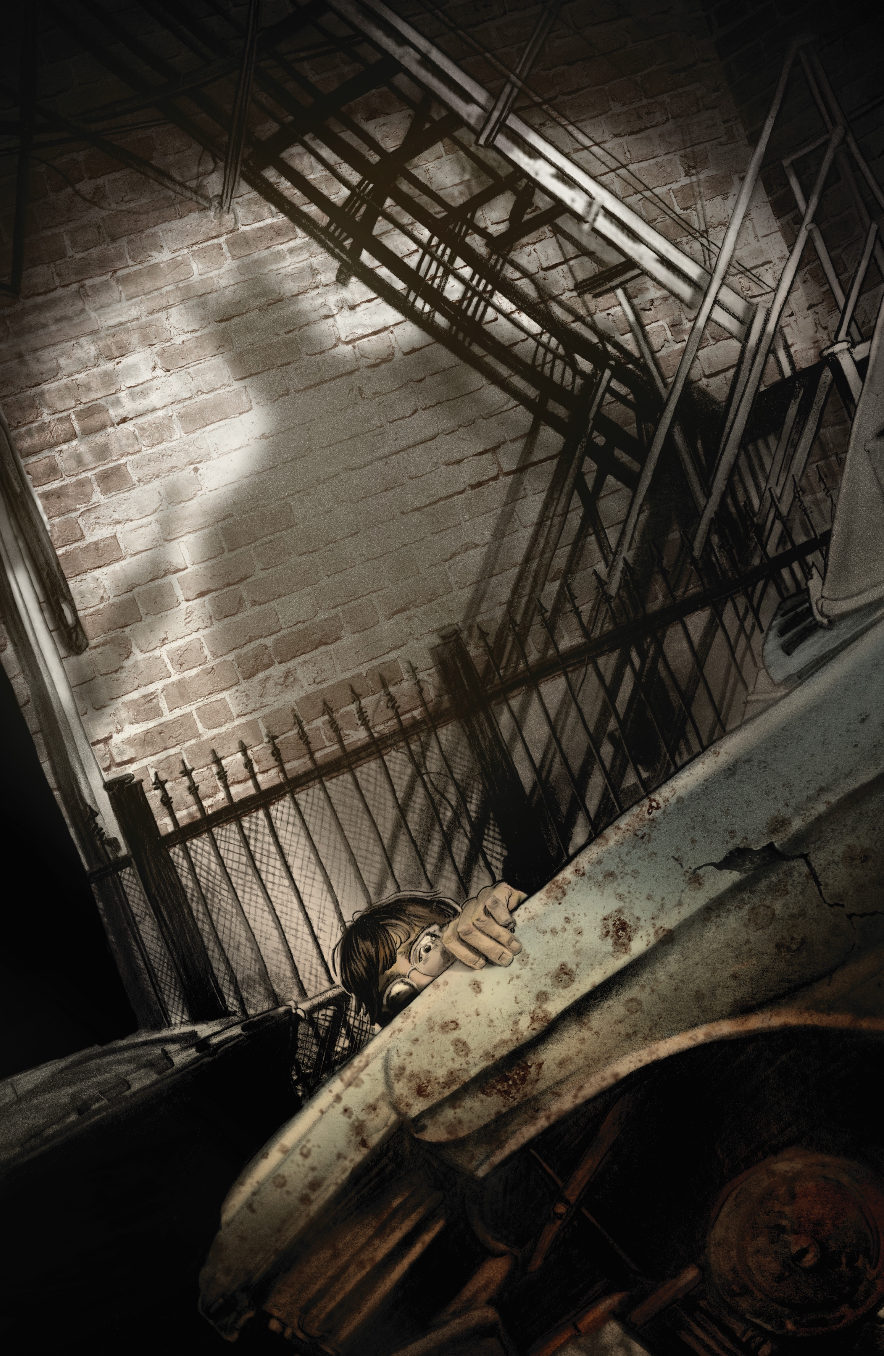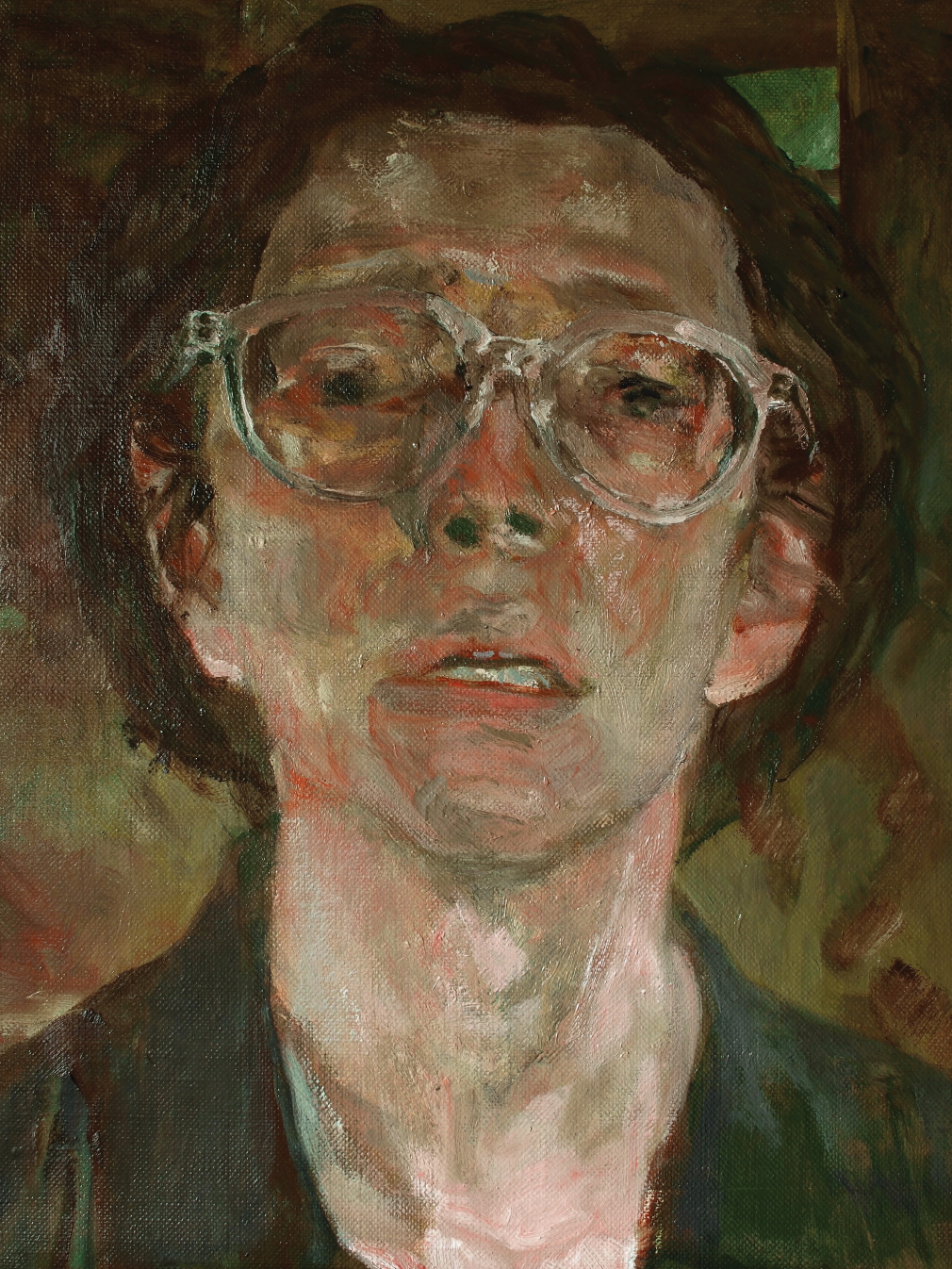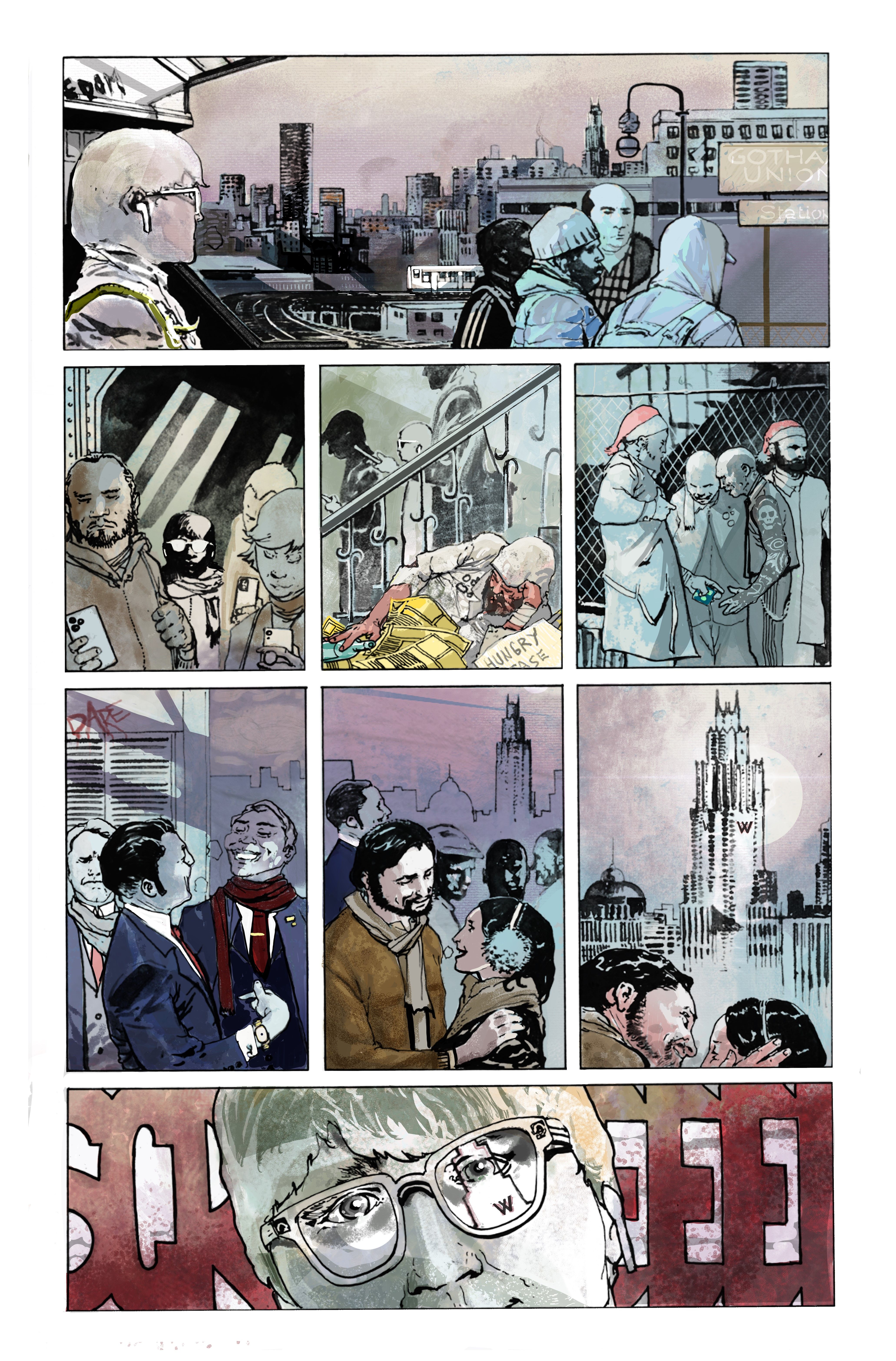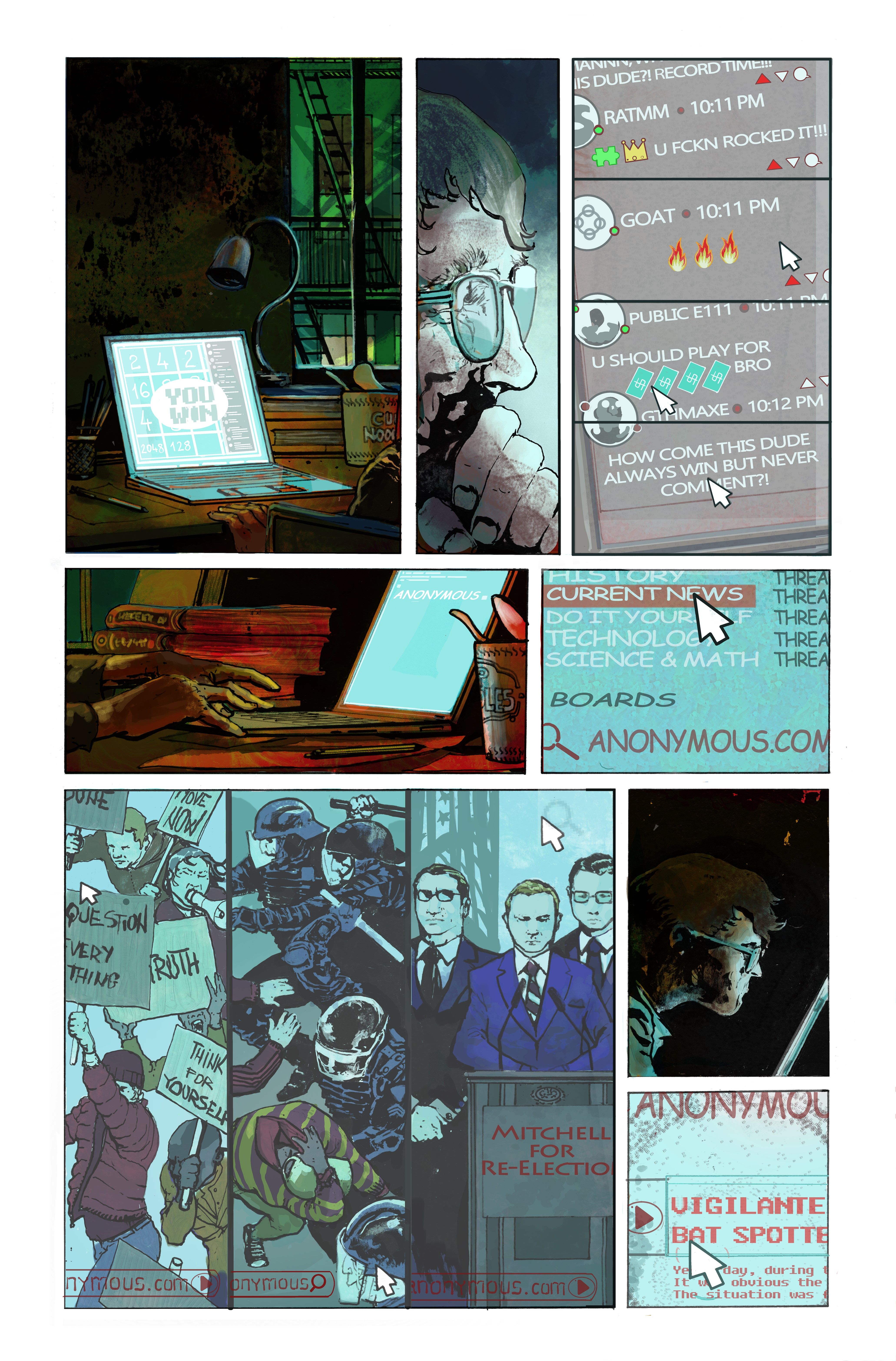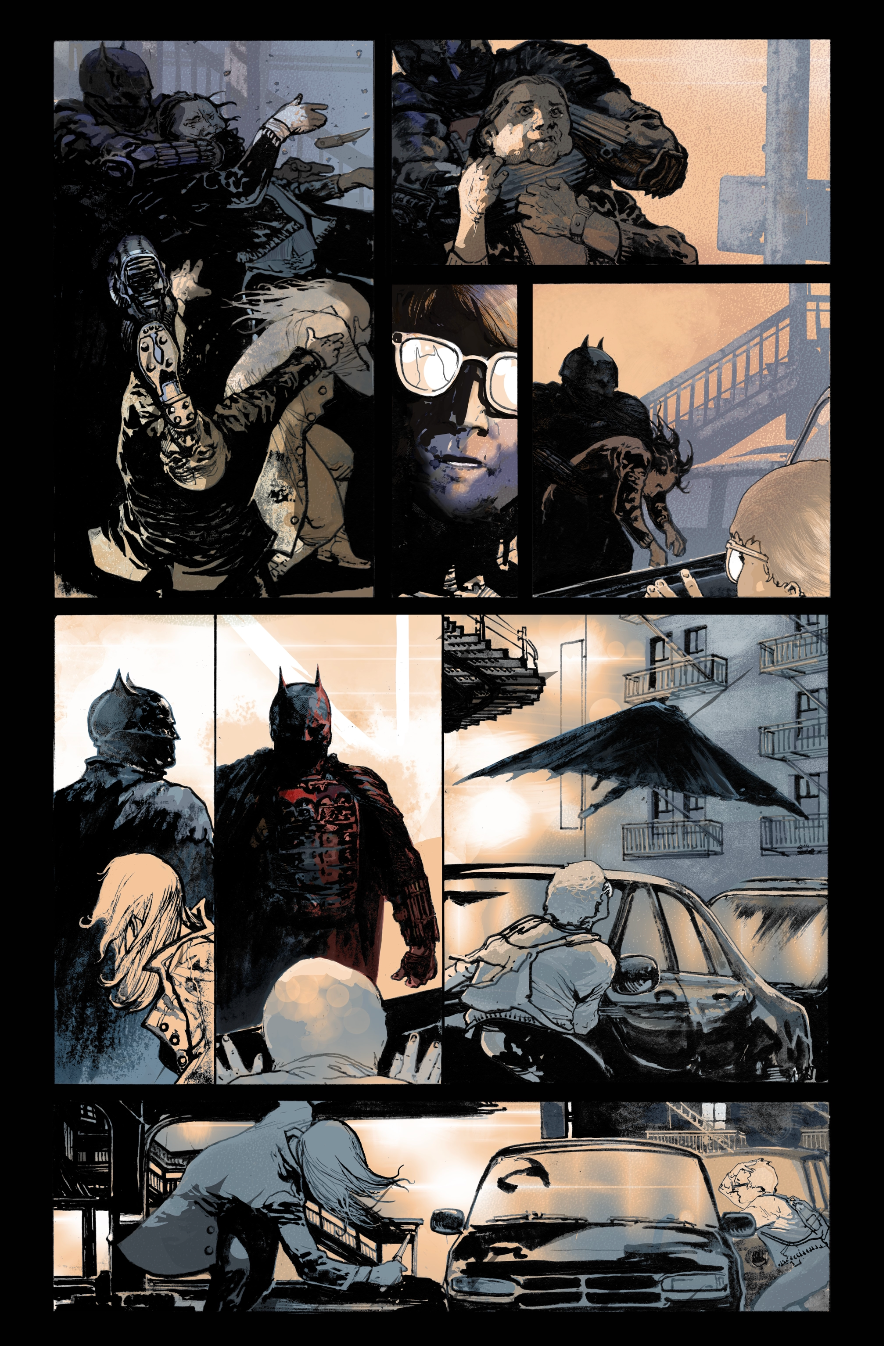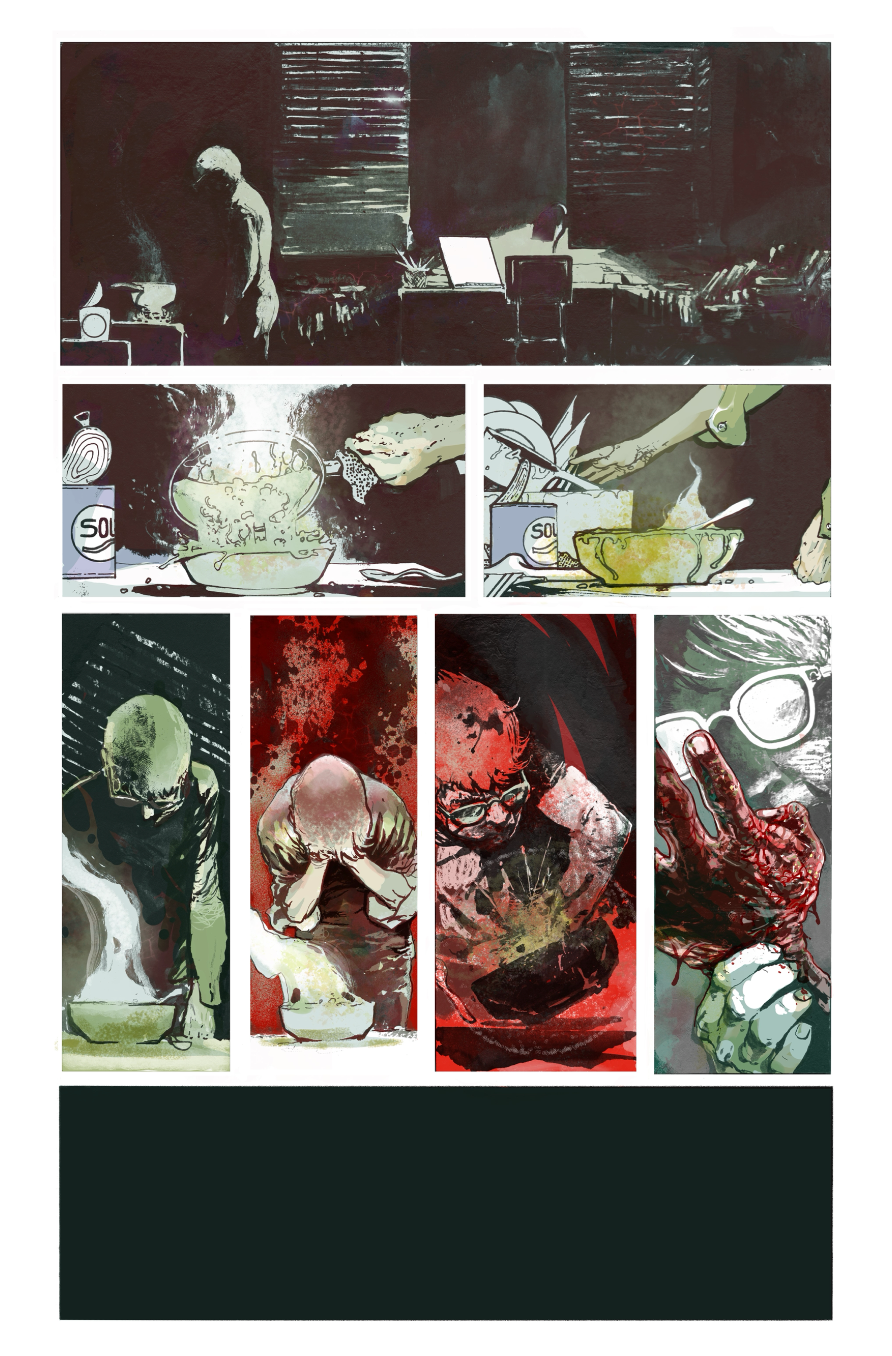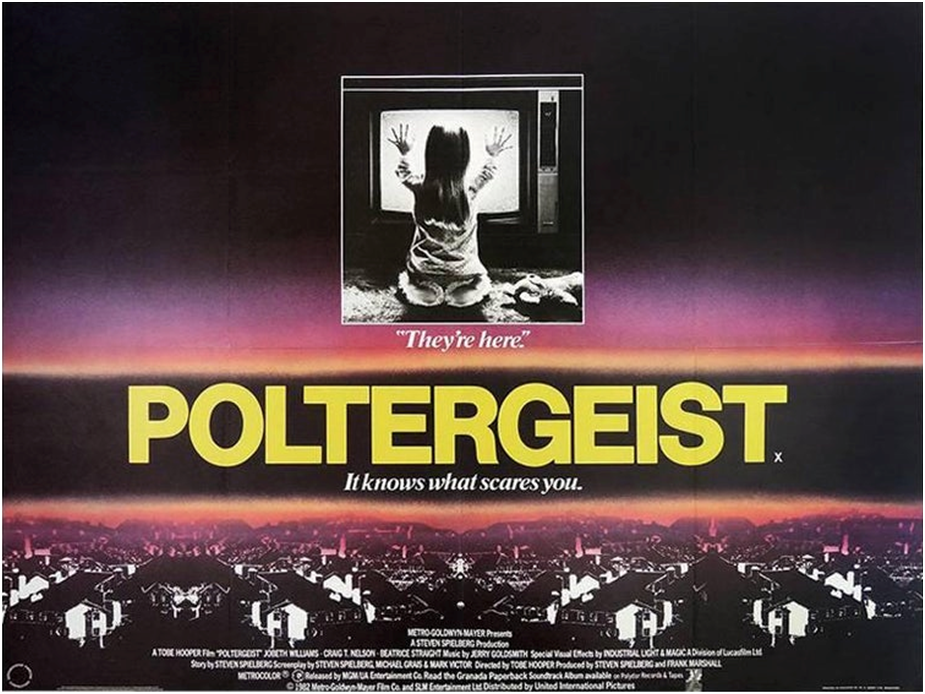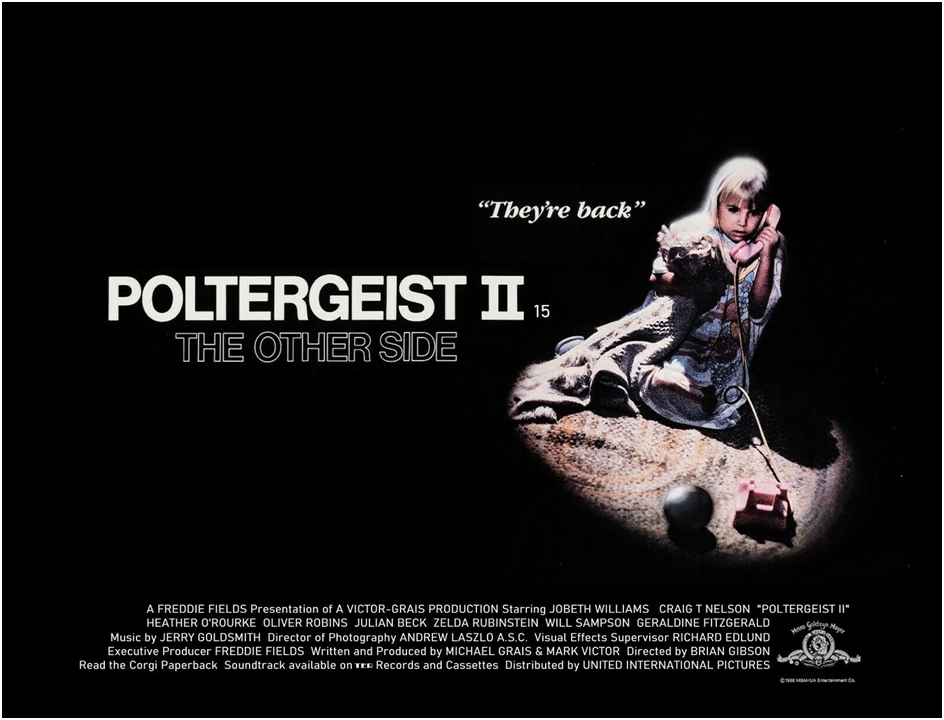2022 was pretty much the worst year ever for western cinema. I've been saying for the past few years that Hollywood is creatively in the worst state it's ever been, and some film buffs are even calling this era the Dark Age of movies. But 2023 can't be as bad, right? There are some definite stinkers heading our way, like Indiana Jones's Direful Destiny. But there are a few films I'm looking forward to. In the interests of starting the year on a positive note, here are some films I plan on seeing in 2023.
John Wick is one of the two best American action movie franchises around these days. I enjoyed the previous three films a lot and I'm looking forward to this one. Great fight choreography and stunt work, distinctive visual flair, and a healthy sense of humour should make this another strong addition to the series.
I've been a big Nintendo fan since I was a kid (I'm presently extremely hyped about Fire Emblem: Engage and The Legend of Zelda: Tears of the Kingdom, both of which I've pre-ordered), and I even went to see the live action Super Mario Bros. movie back in 1993. I don't know if this new film is going to be any good. The animation looks decent, but I don't like the studio behind it or some of the casting choices. However my eldest nephew has his heart set on seeing it, so I'll probably tag along. I'm not confident it'll be good, but I will see it.
One word renders this unmissable: Keaton. This film might be terrible, but I'm still hyped and I'll definitely catch it on the big screen.
I said John Wick was one of the two best modern American action movie franchises. Mission: Impossible is the other. I've seen every instalment of this franchise on the big screen, going right back to the first movie in 1996, and I won't be missing this one. Cruise knocked it out of the park with Top Gun: Maverick, and I'm sure he'll deliver some equally impressive thrills and breathtaking stunts in this. Dead Reckoning and John Wick 4 should be the two standout action movies of 2023.
I don't know much about this, but it's an animated feature film from Studio Ghibli and director Hayao Miyazaki. That's reason enough for me to see it.
Christopher Nolan's latest film boasts a strong cast and fascinating subject matter. Nolan said he wanted to recreate the atomic bomb blast using practical special effects. I've no idea how a filmmaker goes about doing that, but I'm excited to see the results. This should be one of the year's best historical dramas.
I read all of Frank Herbert's Dune novels back when I was a teenager. I've seen all the previous screen adaptations, played through most of the videogames, and I'm a long-time fan of the franchise. I've been waiting years for a good new screen adaptation of the first book, and barring one or two minor quibbles I was largely satisfied with Denis Villeneuve's 2021 film. If the second movie matches the quality of the first, then this will likely be the best science fiction film of 2023.

Directed by Martin Scorsese, this historical crime drama centres on an FBI investigation set in 1920s Oklahoma. It's adapted from the book of the same name by David Grann, and the cast includes Leonardo DiCaprio, Robert De Niro, Brendan Fraser and John Lithgow. It sounds promising.
There are some other films I'm potentially interested in seeing this year, but also wary of. These include Creed III, The Expendables IV and The Exorcist. I've enjoyed previous entries in all of those franchises, but I'm not sold on these latest instalments. I'll probably see them eventually, but I might wait until I can watch them for free on television. I'm sceptical about all of them.
What about everyone else? Which movies are you most looking forward to in 2023?
John Wick: Chapter 4 (March 2023)
John Wick is one of the two best American action movie franchises around these days. I enjoyed the previous three films a lot and I'm looking forward to this one. Great fight choreography and stunt work, distinctive visual flair, and a healthy sense of humour should make this another strong addition to the series.
The Super Mario Bros. Movie (April 2023)
I've been a big Nintendo fan since I was a kid (I'm presently extremely hyped about Fire Emblem: Engage and The Legend of Zelda: Tears of the Kingdom, both of which I've pre-ordered), and I even went to see the live action Super Mario Bros. movie back in 1993. I don't know if this new film is going to be any good. The animation looks decent, but I don't like the studio behind it or some of the casting choices. However my eldest nephew has his heart set on seeing it, so I'll probably tag along. I'm not confident it'll be good, but I will see it.
The Flash (June 2023)
One word renders this unmissable: Keaton. This film might be terrible, but I'm still hyped and I'll definitely catch it on the big screen.
Mission: Impossible – Dead Reckoning Part One (July 2023)
I said John Wick was one of the two best modern American action movie franchises. Mission: Impossible is the other. I've seen every instalment of this franchise on the big screen, going right back to the first movie in 1996, and I won't be missing this one. Cruise knocked it out of the park with Top Gun: Maverick, and I'm sure he'll deliver some equally impressive thrills and breathtaking stunts in this. Dead Reckoning and John Wick 4 should be the two standout action movies of 2023.
How Do You Live? (July 2023)
I don't know much about this, but it's an animated feature film from Studio Ghibli and director Hayao Miyazaki. That's reason enough for me to see it.
Oppenheimer (July 2023)
Christopher Nolan's latest film boasts a strong cast and fascinating subject matter. Nolan said he wanted to recreate the atomic bomb blast using practical special effects. I've no idea how a filmmaker goes about doing that, but I'm excited to see the results. This should be one of the year's best historical dramas.
Dune: Part 2 (November 2023)
I read all of Frank Herbert's Dune novels back when I was a teenager. I've seen all the previous screen adaptations, played through most of the videogames, and I'm a long-time fan of the franchise. I've been waiting years for a good new screen adaptation of the first book, and barring one or two minor quibbles I was largely satisfied with Denis Villeneuve's 2021 film. If the second movie matches the quality of the first, then this will likely be the best science fiction film of 2023.

Killers of the Flower Moon (? 2023)
Directed by Martin Scorsese, this historical crime drama centres on an FBI investigation set in 1920s Oklahoma. It's adapted from the book of the same name by David Grann, and the cast includes Leonardo DiCaprio, Robert De Niro, Brendan Fraser and John Lithgow. It sounds promising.
There are some other films I'm potentially interested in seeing this year, but also wary of. These include Creed III, The Expendables IV and The Exorcist. I've enjoyed previous entries in all of those franchises, but I'm not sold on these latest instalments. I'll probably see them eventually, but I might wait until I can watch them for free on television. I'm sceptical about all of them.
What about everyone else? Which movies are you most looking forward to in 2023?



